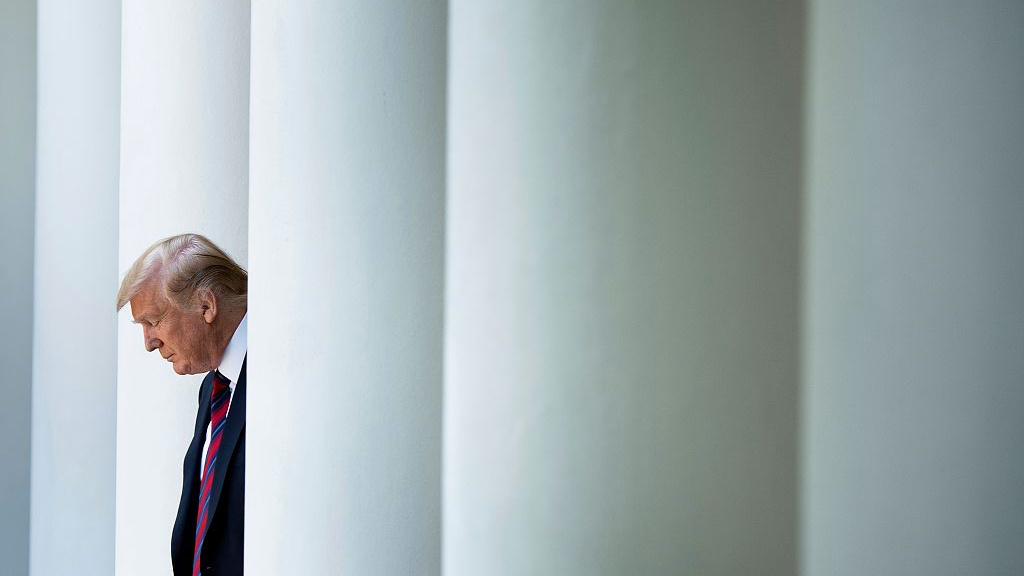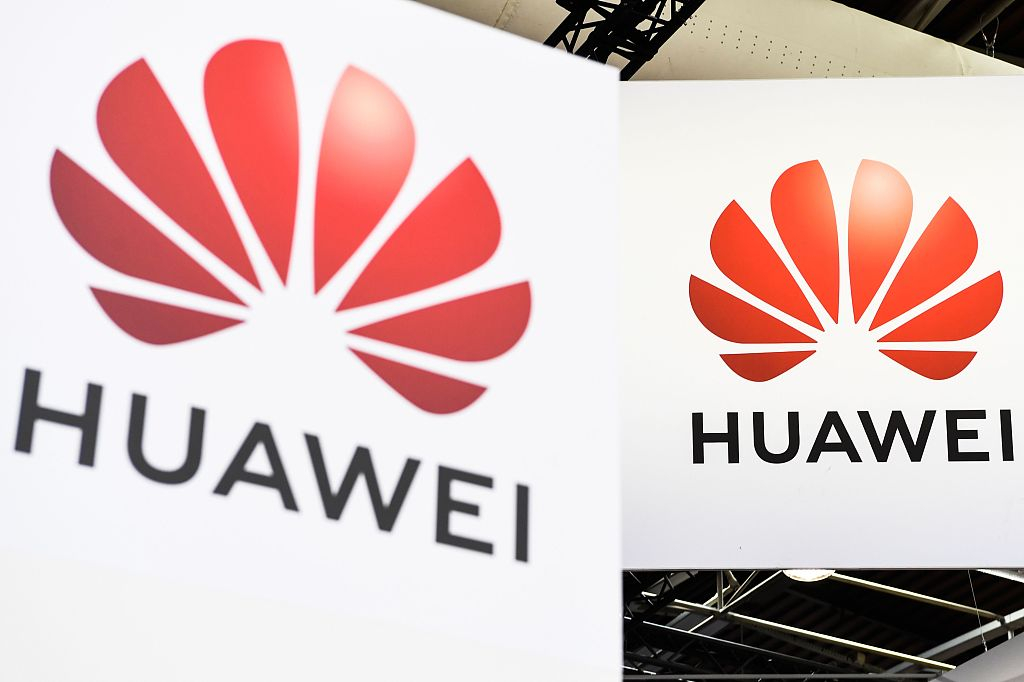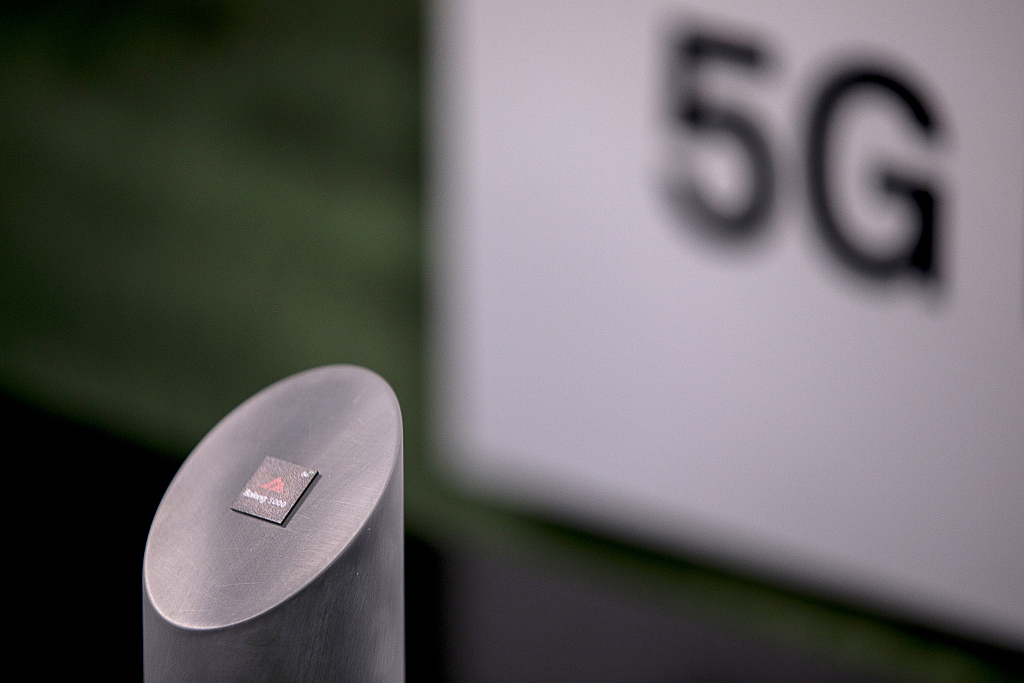
Opinion
12:30, 17-May-2019
U.S. has turned its back on open markets
Adam Garrie

Editor's Note: Adam Garrie is the director of the UK-based global policy and analysis think tank Eurasia Future and co-host of the talk show "The History Boys." The article reflects the author's opinion, and not necessarily the views of CGTN.
This week made it clear that the U.S. has turned its back on the open markets that form a core element of the rules-based system of international commerce. In place of free markets, the U.S. is now acting like a neo-mercantile power that is willing, ready and able to deploy the force of the state to manipulate both domestic and world markets in favor of one set of producers over another.
Specifically, U.S. President Donald Trump just used the notorious International Emergency Economic Powers Act to restrict foreign technology products from entering the U.S. market. It was later made clear that the Chinese tech giant Huawei would be targeted, thus prohibiting U.S. manufacturers from acquiring globally sought after Huawei chip technologies that are leading the world in terms of quality in the run-up to the rollout of 5G networks.

Logos of the Chinese telecom group Huawei are displayed during the Vivatech startups and innovation fair, in Paris on May 16, 2019. /VCG Photo
Logos of the Chinese telecom group Huawei are displayed during the Vivatech startups and innovation fair, in Paris on May 16, 2019. /VCG Photo
Given Donald Trump's increased economic nationalism that has been at the front and center of U.S. policy throughout the last two years, it is not surprising that he has taken a further drastic step to curtail Huawei's otherwise free and fair access to U.S. markets. Insofar as this is the case, one must understand that Trump is preparing for a global trade war that goes far beyond a tariff war.
While a tariff is a straightforward import tax, the new U.S. ban on foreign tech products falls under the category of a non-tariff barrier to trade. These non-tariff barriers are often more stringent than tariffs. A tariff does not prohibit imports but simply makes the tariffed goods cost prohibitive.
By contrast, non-tariff barriers can have a completely stifling effect on trade. These non-tariff barriers include but are not limited to the ring-fencing of certain domestic industries, strict import quotas, the targeting of certain countries for import embargos, mandating expensive import licenses and prohibiting a certain class of imports for alleged security concerns.
By proclaiming a blanket prohibition on foreign technology imports and later targeting Huawei specifically, it makes it clear that the U.S. has in fact resorted to measures against Huawei that are far more severe than an ordinary tariff. In the absence of evidence that Huawei products have caused any security breaches in any of the multiple countries in which they are used, the logical position is that these non-tariff trade barriers against Huawei are another salvo in the neo-mercantilist trade war that Trump is waging on the rest of the world.
For someone of Donald Trump's mentality, the existence of other countries producing globally sought after goods is a source of competition. And yet instead of turning perceived competition into cooperation on a win-win basis, it is the neo-mercantilist strategy to retreat behind all varieties of barriers to trade ranging from tariffs and non-tariff trade barriers to sanctions and embargos.

The Huawei Technologies Co. "Balong 5000" chip for 5G devices is unveiled during a company's event in Beijing, China, January 24, 2019. /VCG Photo
The Huawei Technologies Co. "Balong 5000" chip for 5G devices is unveiled during a company's event in Beijing, China, January 24, 2019. /VCG Photo
Multiple countries have been prohibited from trading freely and fairly on global open markets due to the U.S. manipulation of global trade. For countries like Iran and Venezuela, their ability to sell oil has been stifled through sanctions while U.S. energy producers have been clear beneficiaries.
Previous restrictions on Huawei and other Chinese smartphone products have limited consumer choice for Americans which necessarily creates higher prices due to less competition in the retail sector. Now, U.S. wireless carriers will be forced to pay for more expansive and likely less high-quality 5G equipment now that Huawei's products are artificially restricted from the U.S. market.
Making matters all the more awkward is the fact that the United States extols the values of free and fair markets the world over. Even American schoolchildren are taught about the sanctity of free markets. And yet in reality, it is now clear that those in Washington do not seek free markets but instead are willing to use the power of U.S. financial institutions, the international status of the dollar and even the country's military in order to manipulate otherwise normal trends in free and fair trade under the rules-based system of commerce.
The U.S. remains a powerful economy but its political leadership is using this power not to promote and engage in market freedoms but to curtail these freedoms – both among foreign producers and for the American consumer. This is clearly a lose-lose development.
(If you want to contribute and have specific expertise, please contact us at opinions@cgtn.com.)

SITEMAP
Copyright © 2018 CGTN. Beijing ICP prepared NO.16065310-3
Copyright © 2018 CGTN. Beijing ICP prepared NO.16065310-3